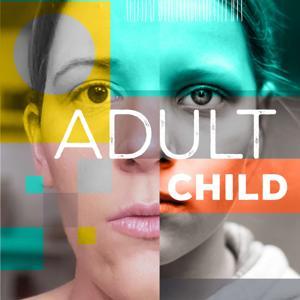
Sign up to save your podcasts
Or



By Michelle Anderson





4.8
14941,494 ratings



The podcast currently has 345 episodes available.










The podcast currently has 345 episodes available.

1,612 Listeners

1,713 Listeners

14,944 Listeners

628 Listeners

572 Listeners

725 Listeners

519 Listeners

7,648 Listeners

13,083 Listeners

1,861 Listeners

47 Listeners

287 Listeners

20,663 Listeners

299 Listeners

267 Listeners